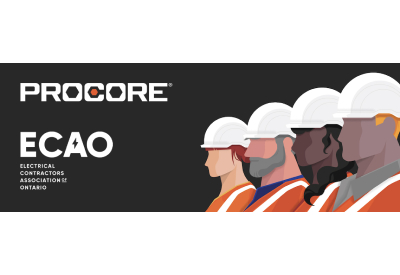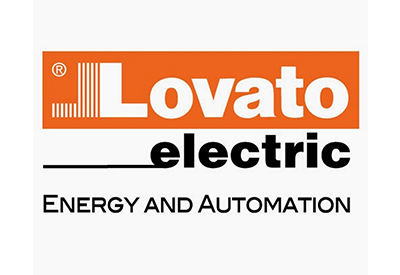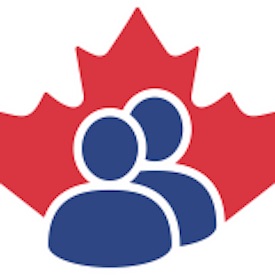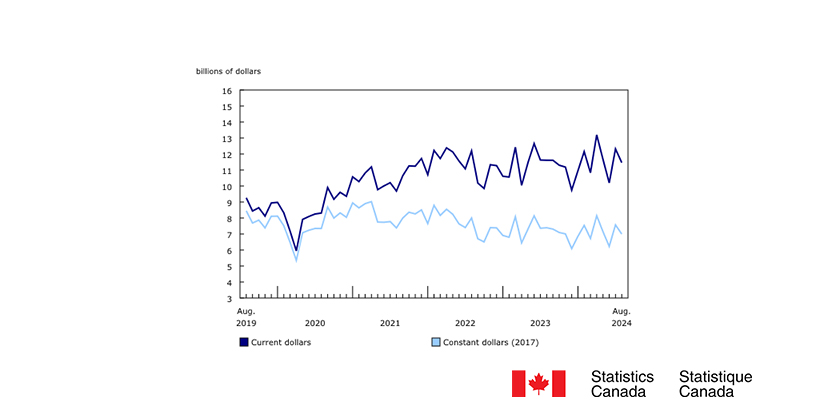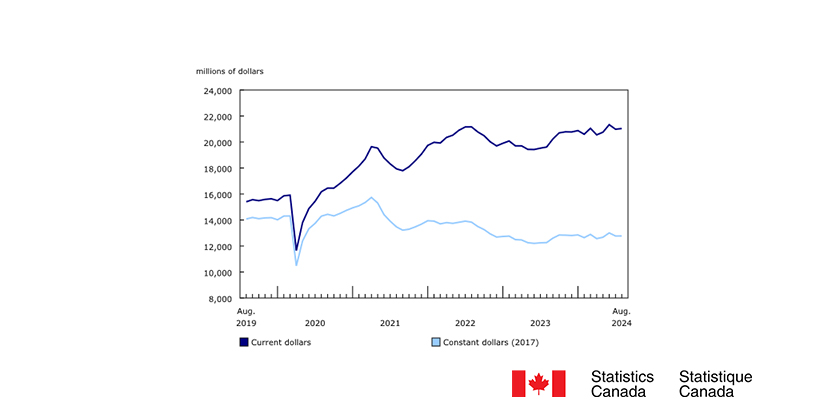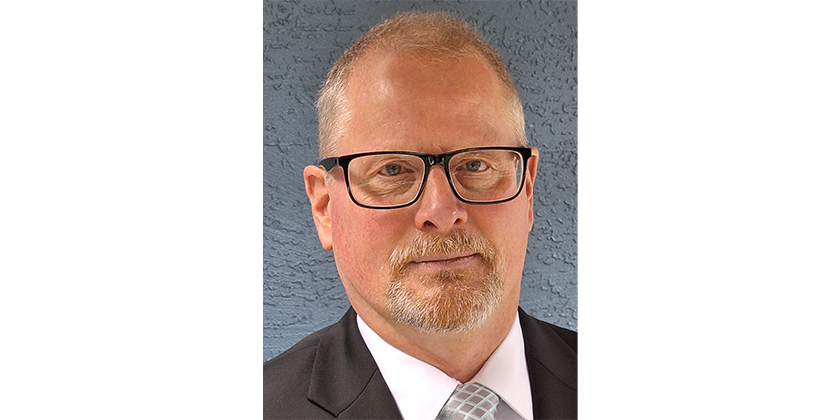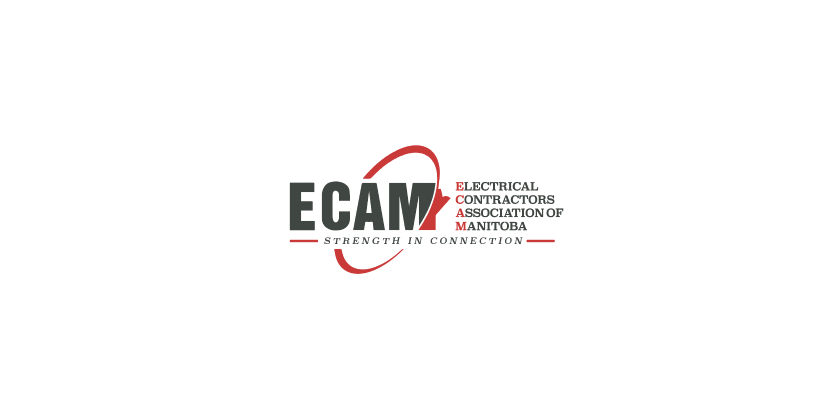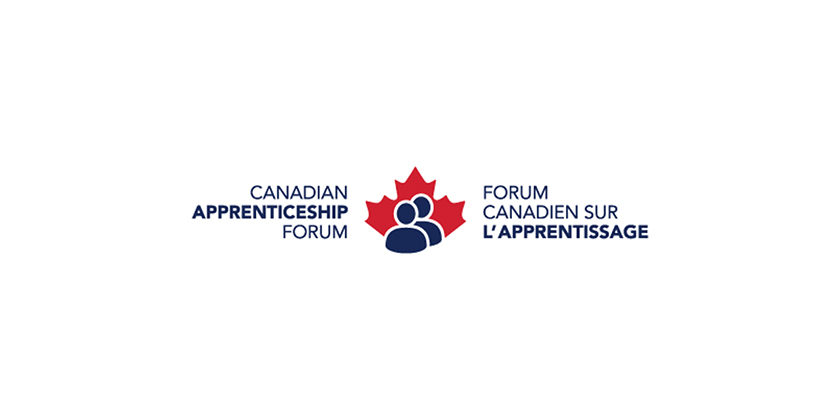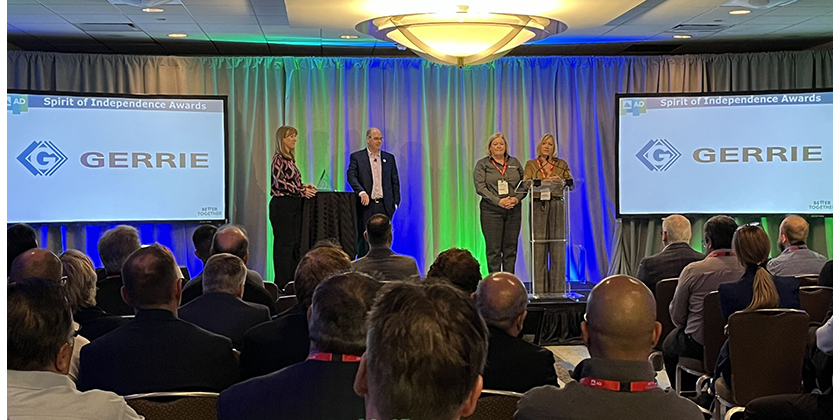Call for Mentors to Support Recruitment and Retention of Women in the Electricity Industry
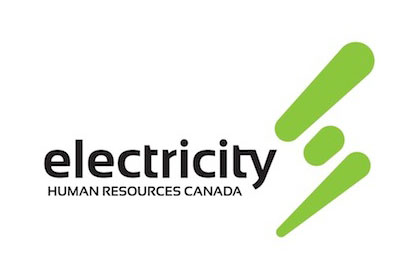
Electricity Human Resources Canada (EHRC), with the support of organizations in the electricity and renewable sector and Status of Women Canada, is establishing the Connected Women mentorship program. This 6-month pilot program will start in late November.
The program is targeted at women working in trade and non-traditional jobs in the electricity sector, and those studying in the trades and technical or engineering programs to enter the sector. The program aims to attract women into trade and technical jobs in the sector and to retain and accelerate their career path.Women represent less than 25% of women in the industry overall and under 5% of women are working in the trades.
EHRC is now looking to identify mentors interested in helping women at different stages in their electricity career to develop their skills and capabilities. Are you passionate about helping those studying to enter the industry learn more about what a non-traditional career in the sector might look like, and how they should prepare for success?
If yes, you might be a great person to participate in this program.Here’s what EHRC is looking for.
Mentors
Ideally those applying to be a mentor will meet the following requirements:
• you have worked in the energy sector for at least four (4) years
• you can commit to at least two hours a month for 6 months. Mentor/mentee meetings may take place face to face, over the phone or via Skype, depending on location and the preference of the mentor
• preferably you have experience working in/or supervising staff in the trades or technical positions, but EHRC will consider other applicants with a range of experience in the industry
Note that EHRC welcomes both male and female applicants.
Mentees
During the pilot phase,the mentees will come from two streams:
• women already working in the industry
• graduates of Algonquin College’s Women into Electrical Engineering Technology program (WEET). The WEET program prepares students for employment within various sectors, inclusive of electricity, and includes a 4-month paid work placement within the utilities after their first year of school. Women who completed the program already hold a degree or advanced diploma in science, technology, engineering or math.
Following the completion of this six-month pilot,EHRC will make any necessary adjustments to the program based on an extensive evaluation and officially launch in 2016.
Feedback to EHRC from industry stakeholders has emphasized the significant role that mentors can play in successfully attracting and retaining female workers in the sector. Mentors who take new workers under their wing provide support to gain familiarity with corporate processes and policies, provide guidance and reassurance when it is required, and pass on their knowledge and expertise to the next generation of workers.
Defined networking and mentoring processes help to ensure that female workers have extra support and guidance, particularly when transitioning into the sector.
This support is particularly key when entering a sector that has been traditionally populated by men and continues to see low numbers of women in the trades and/or Science, Technology, Engineering, Math (STEM) occupations. EHRC has identified the need to engage more women into the Canadian electricity workforce as a strategic priority, having clearly identified impending retirements of an aging workforce as a critical issue for the sector.
Mobilizing the industry with the support of the women already employed in the sector will contribute significantly to bridging the supply/demand gap for this sector and ensuring that women are given equal opportunity to access the multiple career opportunities in the industry.
To learn more or to register, contact Michelle Branigan,branigan@electricityhr.ca.



